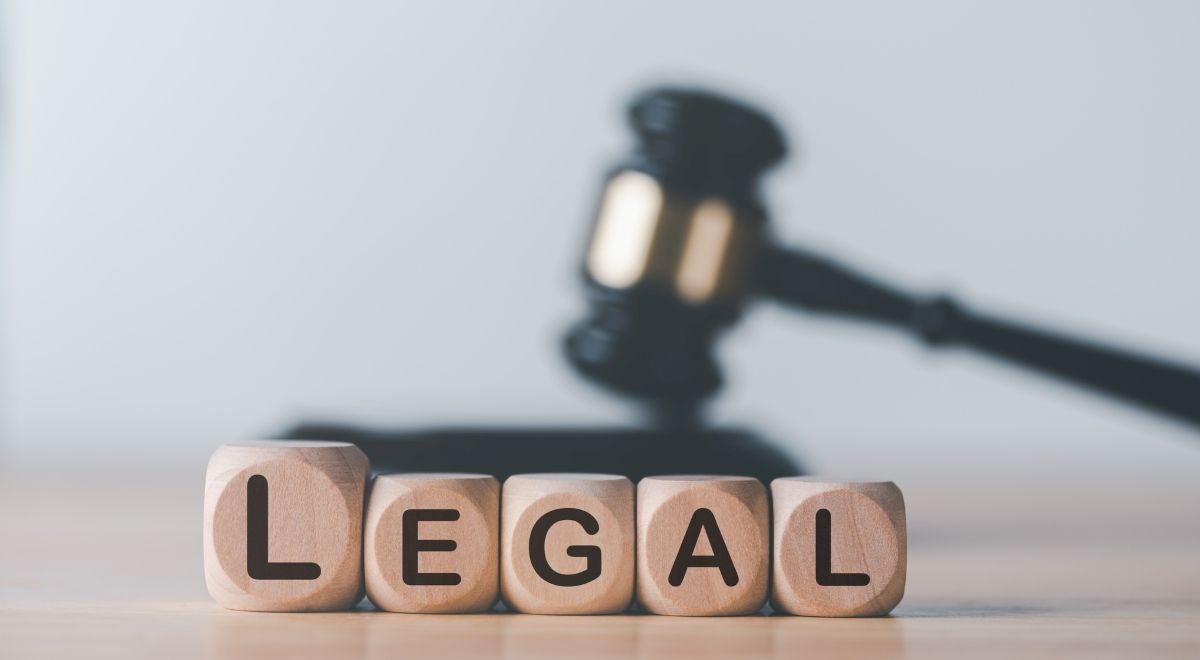A Complete Divorce Checklist

Divorce is rarely a simple process. Beyond the emotional challenges, there’s the practical reality of paperwork, negotiations, and decisions that shape your future. At Skylark Hill, we know that staying organised is one of the most effective ways to reduce stress during separation, which is why we’ve created this complete divorce checklist clients can rely on. It won’t take away the difficulty of the situation, but it will give you a structured plan to follow.
Essential Documents You’ll Need
The first step is ensuring you have the right paperwork. Courts require proof of your marriage, identification, and evidence of your financial situation. That means finding your marriage certificate, passports or driving licences, and recent utility bills or bank statements that confirm your address.
For finances, you’ll need at least a year’s worth of bank statements, payslips, tax returns if you’re self-employed, pension valuations, mortgage details, and credit card or loan statements. Collecting these documents early prevents delays and ensures both parties are transparent about assets and liabilities.
If you have children, prepare copies of birth certificates and details about school arrangements or childcare costs. These will be important when discussing custody and child maintenance.
Sorting Out Your Finances
Once the paperwork is in place, you’ll need to think carefully about how your financial life will be divided. Assets usually include property, pensions, savings, and investments. Liabilities such as mortgages, loans, and credit cards must also be addressed.
It’s important to understand that financial disclosure isn’t optional. Both parties are expected to be open, and failing to disclose assets can lead to penalties or future legal challenges. Many people find it helpful to create a spreadsheet of all accounts, debts, and assets, making it easier to visualise what’s at stake.
Budgeting for the future is equally important. Try to map out your post-divorce monthly income and expenses. This helps you identify whether spousal maintenance or child support might be needed, and whether your current living arrangements are sustainable.
Children and Parenting Arrangements
For many parents, the biggest concern is how children will be affected. The courts in England and Wales focus on the child’s best interests, considering factors such as stability, schooling, and the ability of each parent to provide care.
You don’t necessarily need a court order to agree on arrangements. Some couples can decide between themselves, while others use mediation to reach a fair solution. Parenting plans, which set out where children live and how holidays and decision-making are handled, are a useful tool.
If disputes arise, legal guidance becomes crucial. At Skylark Hill, we can provide guidance through complex divorce proceedings, ensuring that parenting agreements remain focused on the wellbeing of children while still respecting the rights of each parent.
Property and Living Arrangements
One of the most difficult parts of separation is deciding what happens to the family home. Whether you own or rent, you’ll need to decide who stays, who leaves, and whether selling is the most practical option.
If you own a home together, options include selling and dividing the proceeds, transferring ownership to one partner, or continuing to share ownership until a later date. Each choice has legal and financial implications, especially if there are children living at home.
Renting presents different challenges: you’ll need to consider whose name is on the tenancy agreement and whether it should be transferred or ended. Having early conversations about these issues can prevent disruption later.
Legal Steps and the Divorce Application

The legal process itself begins with an online application. You can file jointly with your spouse or individually. Once submitted, the court issues a Conditional Order (previously called a Decree Nisi) if everything is in order. After a minimum waiting period, you can then apply for the Final Order (previously the Decree Absolute), which legally ends the marriage.
While this process may sound straightforward, complications often arise when financial settlements or childcare arrangements are unresolved. That’s why many clients choose to work with a solicitor, not only for the application itself but also for advice on strategy. If you’re uncertain about the process, our resource on understanding the key stages of divorce explains how each step unfolds.
Emotional and Practical Preparation
A checklist is not just about legalities and finances. Divorce can leave you emotionally drained, and it’s wise to think about support networks, whether through friends, family, or counselling services. It may also help to keep a journal of key dates, conversations, and agreements, which can be invaluable if disputes arise.
At the same time, think about practical adjustments: changing beneficiaries on insurance policies, updating wills, and reviewing emergency contacts for schools or doctors. Small details may seem insignificant now, but they can cause confusion if overlooked.
Key Takeaways
Divorce is never easy, but it doesn’t have to be chaotic. By gathering documents, addressing finances, planning for children, resolving property questions, and taking each legal step carefully, you can move through the process with greater clarity. At Skylark Hill, we’re here to guide you, whether you need specific advice or full representation. Staying organised is your best tool for reducing stress and protecting your future.
FAQs
What if my spouse refuses to provide financial disclosure?
You can apply to the court for a financial order. Judges have the power to compel disclosure, and failing to cooperate can harm your spouse’s case.
Can I handle my divorce without a solicitor?
Yes, you can file for divorce online without legal help, but most people benefit from professional advice when it comes to finances and childcare, as mistakes can be costly.
Do we need to sell the family home immediately?
Not always. Courts sometimes allow one parent to remain in the home with children until they reach adulthood, with the sale delayed until then.
What happens if we agree everything outside of court?
Agreements reached privately or through mediation should be formalised in a consent order and then approved by the court. This ensures they are legally binding and enforceable.
How long does the divorce process usually take?
On average, a straightforward divorce takes around six to twelve months, although complex financial or childcare issues can extend the timeline significantly.












